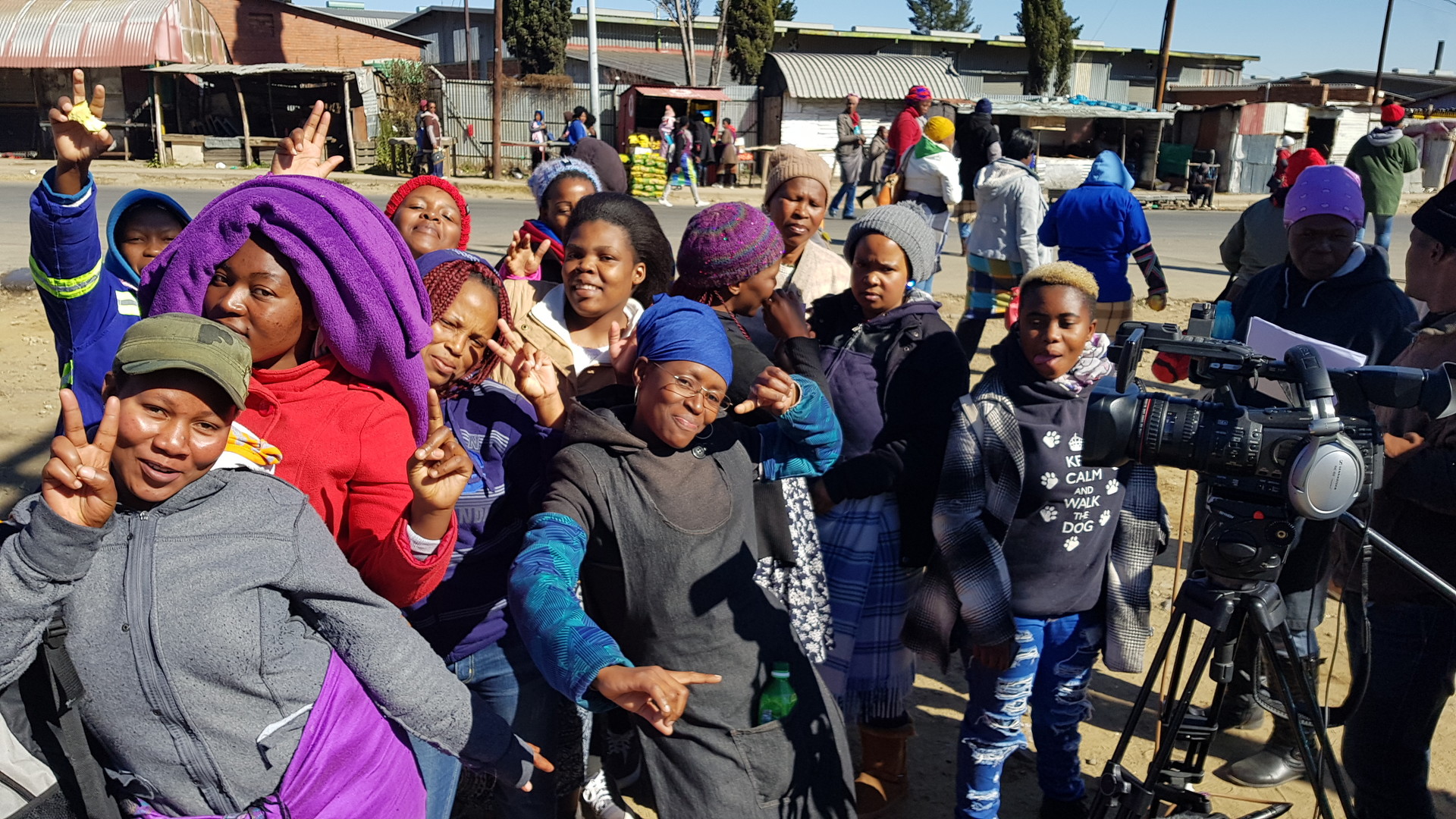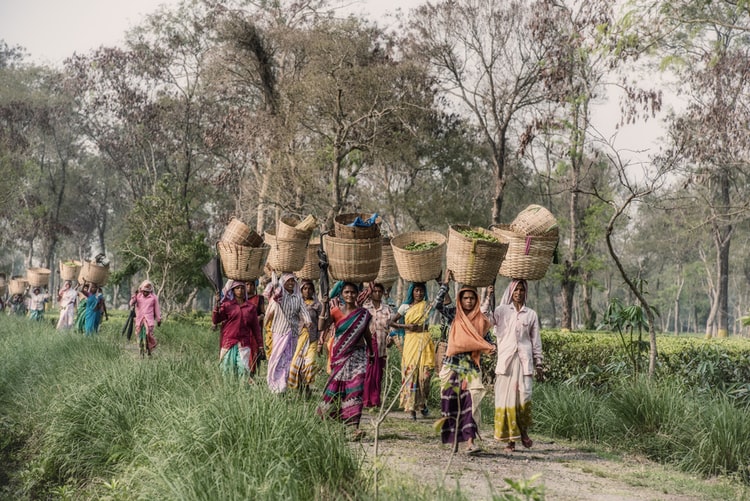In 2007, the One Future Collective reported that there were around three million sex workers in India. Child sexual exploitation is illegal, but the same study found that 35.4% of these are younger than 18 years old. Adult sex work is legal if it is conducted as a private transaction with the free and informed consent of both parties, but agency remains out of reach for many women. Thus, the inadequate status quo is failing both adult sex workers and exploited children.
India’s Immoral Traffic (Prevention) Act of 1956 (upheld by the Supreme Court in 1964) aimed to prevent women and children from being forced into sex work. As such, it not only prohibits the exploitation of children, but also procuration or ‘pimping’ and the detention of workers in brothels. The reality, however, for most of India’s sex workers does not reflect the aims of the Act.
Trafficking and abduction force many women and children into sex work. For example, agencies may lure people with false assurances of well-paid jobs and financial security. People from economically weaker sectors of society, such as the lowest caste Dalits and members of tribal communities, are among the most vulnerable. A lack of knowledge concerning their rights and a dependence on family or government assistance may also exacerbate the vulnerability of these women and girls.
Besides organised trafficking, research by Sanlaap (a development organisation) found that even more women enter this profession because they struggle to support themselves or their family members, or to pay for health care. In addition, also recognising that poverty often drives women into sex work, the Supreme Court has directed both central and state governments to open rehabilitation and training centres and to uphold sex workers’ rights to life and dignity.
Since sex work is seen as ‘the oldest profession’, its abolition in India is unimaginable. Yet at the same time it is considered taboo, rejected as a respectable career choice, and viewed as a threat to the foundations of Indian society, including the institution of marriage. As a result, sex workers face prejudice and are often denied justice. Additionally, unregulated sex work contributes to the proliferation of sexually transmitted diseases, both among the sex workers themselves and wider society.
More extensive legalisation and regulation could help to combat some of these problems. In this scenario, state governments must play a more active role. They should take responsibility for managing brothels through a system of licensing and inspection. Legislation should also provide for a database of all sex workers, and guaranteed living wages, health care and education.
This legislation could help to solve the problems of child trafficking and exploitation, and sex rackets involving adults. The database would help the government to gather information and uncover abuses. Australia’s business licensing authority maintains a register of licensed sex work providers and a list of approved brothel managers, which helps them to conduct effective oversight. In India, more information about sex workers and providers would give governments greater insight into sex work and allow them to better target their investigatory resources at potential abuses.
However, governments must ensure that this legislation is not circumvented by continued covert exploitation of children. There must be adequate resources to enforce regulations and strong penalties for violations. There should also be educational drives to ensure that people are aware of child trafficking and exploitation and that they are both serious crimes. Most importantly, governments must ensure that any violation of these rules can be easily reported.
Of course, problems might persist even as such reforms are implemented. They would therefore have to be tightly regulated and cautiously monitored. But immediate action is necessary to restore the dignity of millions of Indian sex workers and prevent the abuse of hundreds of thousands of children.
Note: This article gives the views of the authors, and not the position of the Social Policy Blog, nor of the London School of Economics.





